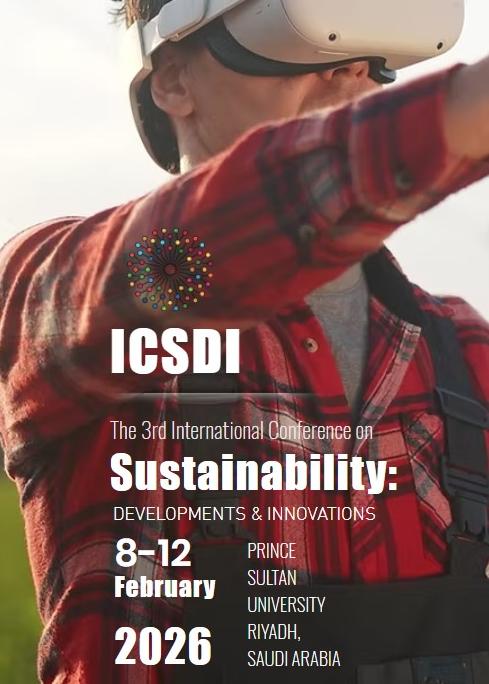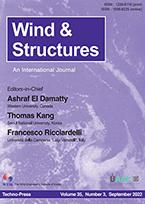Language, Literature, and Interdisciplinary Studies
LLIDS
- URL: http://ellids.com/
- Call For Paper Type: Regular
- H2 Index: 0
History Humanities, Literature & Arts (General) Philosophy Social Sciences (General) Interdisciplinary Studies (General)
Postmodern Topography
The postmodern condition, set away from literary and philosophical ideas of Modernism, questions its predecessors’ proclivity for metanarrative topoi and linearity of approaches to cradle what is provisional, contingent, temporary, and relative. Loss of undivided subject, rational and consistent vehicle of historical progress, signals the incompleteness of modernist project in its hankering after certainty and stability. In contrast, the broad brushstrokes of postmodernism not only maintain skepticism towards all meanings or any single perception of the real as valid, but also encourage transhistoric tendencies through a self-reflexive understanding of its own fissures, fractures, and plurality. Representing the unpresentability of experiences postmodern condition forges a worldview where coherent all-encompassing systems of values give away their claims to reality and underscore a suspicion towards the ‘origins’ of history to initiate historiographies inclusive of multiple perspectives. It also reduces subjectivity to a product of power structures and accepts the radically subversive role of desire, celebrating its own arbitrariness even in the face of elusive reality.
Postmodern fictions’ concerns are with breaks from conventional engagement with plot, character, and meaning to bring out new modes of anti-teleological epistemology, narrational self-reflexivity, and insistence on inclusion of the ‘other,’ and yet not ‘as the other.’ Such inclusive narratives are also characterized by pronounced fluidity of boundaries, a free play of language, and its commitment to bring art out of the closed contours of museums. Denying the hierarchical status of popular art and high art as well as the overarching understanding of art and its patterns, postmodernist movements affirm experiences of ‘difference’ with the inception of a new idiom.
If Lyotard, Baudrillard, Umberto Eco, Derrida, Foucault, among others are defenders of postmodernist temperament of alterity and difference, other thinkers like Habermas and Jameson hold reservations towards its functioning. Contextualizing it within political economy and history they argued it to be a strategy of capitalism promoting senseless consumption of commodities. This issue invites papers that argue against or subscribe to the postmodernist ethos of constructing the perceived reality through uncatalogued signs or symbols. Following are some suggested themes for the upcoming issue:
• Postmodernism as a critical tendency rather than a philosophical movement of late twentieth century
• Postmodernism as a retrospective view of modernity
• Mimetic v/s Constructive nature of fiction
• Metafictional self-reflexivity in postmodern fiction
• Postmodernism in art
• Spectacle and style in postmodern art
• Postmodernism as a reaction against canonization
• Postmodern art as a critique of consumerism and mass production
• Postmodern, an acceptance of the bawdy
The broad aim of Language, Literature, and Interdisciplinary Studies consists in providing a discursive space for all the researchers committed to quality work. We believe that in reaching the society at large, quality research has not only the potential to transform it, but also to redefine intellectual landscape by harnessing the synergy essential to inter-disciplinary research. With this broad aim in view, we encourage scholars from humanities, social sciences, and other related disciplines to submit their research work.
Only complete papers will be considered for publication. The papers need to be submitted according to the latest guidelines of the MLA format. You are welcome to submit full papers (not less than 3500 words) along with a 150 words abstract, list of keywords, bio-note, and word count on or before 30th April, 2018. Please email your submissions to - llids.journal@gmail.com
Website – www.ellids.com
Facebook – https://www.facebook.com/journal.llids/
Note - We do not solicit any fee for publication.














